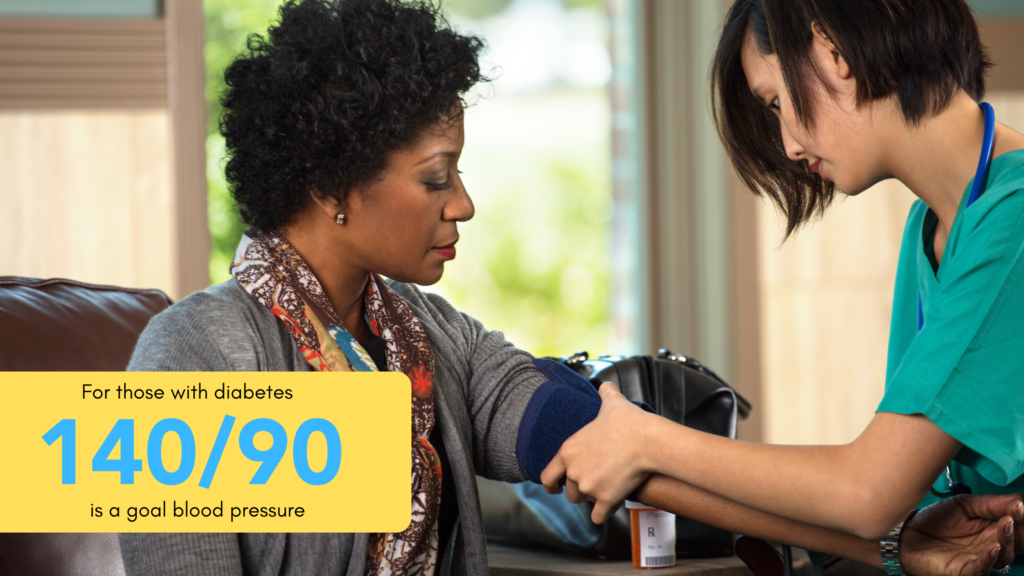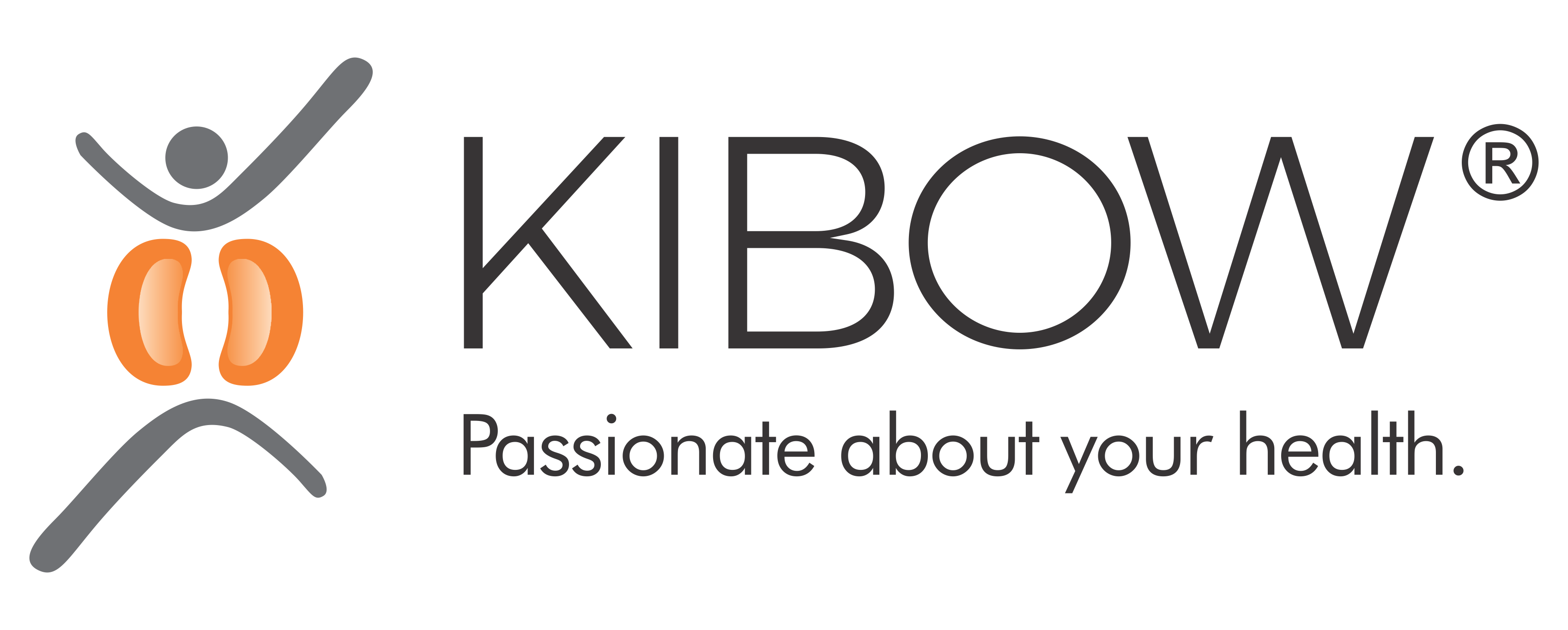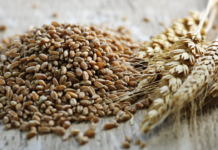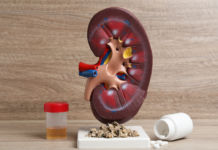*These statements have not been evaluated by the US Food and Drug Administration. This information is not intended to diagnose, treat, cure, or to prevent any disease. Always consult with a qualified healthcare professional prior to beginning any diet or exercise program or taking any dietary supplement. The content on our website is for informational and educational purposes only.
Written By: Steve L. Belcher, RN, MSN, MS, DN-CM
Preventing Chronic Kidney Disease
There is a serious and growing problem across the United States. That problem is kidney disease, the 9th leading cause of death in the United States. Kidney Disease has become a silent epidemic in urban communities that affect about thirty-seven million U.S. adults and most are undiagnosed. The population mostly impacted by chronic kidney disease are minorities. In fact, nine out of ten African Americans have stage three kidney disease and don’t even know it. With the emergence of COVID-19 many people are being diagnosed with kidney failure at an alarming rate. Now is the best time more than ever to learn about how to prevent chronic kidney disease.
Chronic kidney Disease: What is it?
Each person is born with two kidneys; however, some people are born with one as well. There is one kidney on each side of the backbone and extends a little below the ribs. They weigh 4 to 6 ounces and are a little bigger than your fist. They are responsible for keeping a delicate balance of chemicals in your body. Without them the other organs could not function properly. The kidney act as a cleaning system, to remove waste, fluid, and also maintain the chemical balance of the blood. The kidney is a very important organ, and without it we lose several important body functions. There are four major functions of the kidneys they are removes waste from the blood, removes excess water from the body, regulates blood pressure, and controls red blood cell production.
Chronic Kidney Disease is a condition in which the kidneys are damages and cannot filter blood as well as they should. Because of this, excess fluid and waste from blood remain in the body and may cause either health problems. Chronic renal failure is a long and slow process that involves a continuing loss of nephrons (the working unknit of the kidney). There are over a million of nephrons in each kidney. At least 75% of them must be damages to cause obvious illness. It can take many years to go from chronic renal failure to End Stage Renal Disease (ESRD).
What can you do to keep your kidney healthy?
Many people can protect their kidneys by preventing or managing health conditions that cause kidney damage, such as diabetes and high blood pressure. Diabetes and hypertension are the two leading causes of kidney failure. During your next medical visit, one should ask their healthcare provider about their kidney health. Early kidney disease may not have symptoms, so getting tested may be the only way to know your kidneys are healthy. Kidney disease testing only requires a routine urine and blood test.Making Healthy food choices
1. Making Healthy Food Choices
Choose foods that are healthy for your heart and your entire body; fresh fruits, fresh or frozen vegetables, whole grains, and low-fat or fat-free dairy products. Eat healthy meals, and reduce sodium and added sugars. Aim for less than 2,000 milligrams of sodium each day. See our articles on food and nutrition.
Tips for making healthy food choices
- Cook with a mix of spices instead of salt
- Choose veggie toppings such as spinach, broccoli, and peppers for pizza
- Try baking or broiling meat, chicken, and fish instead of frying.
- Serve foods without gravy or added fats.
- Try to chose foods with little or no added sugar.
- Eat foods made from whole grains-such as whole wheat, brown rice, oats, and whole-grain corn-every day. Use whole-grain bread for toast and sandwiches; substitute brown rice for white rice for home-cooked meals and when dining out.
- Read food labels. Choose foods low in saturated fats, trans fats, cholesterol, salt (sodium), and added sugars.
- Try keeping a written record of what you eat for a week. It can help you see when your tend to overeat or eat foods high in fats or calories.
2. Make physical activity part of your routine
Physical inactivity is a modifiable risk factor that may affect the development and course of chronic kidney disease. It is well well-known that exercise training improves blood pressure and insulin resistance. Be active for 30 minutes or more at least 3-4 times a week. If you are not active now, ask your health care provider about the types and amounts of physical activity that is right for you. In addition, if you are overweight or have obesity, work with your health care or a license dietitian to create a realistic weight-loss plan.

3. Get enough sleep
Aim for seven to eight hours of sleep each night.
4. Stop smoking
If you smoke or use tobacco products, stop.
5. Limit alcohol intake
Drinking too much alcohol can increase blood pressure and add extra calories, which can lead to weight gain. If you drink alcohol limit yourself to one drink per day if you are a woman and two drinks per day if you are a man.
6. Explore stress – reducing activities
Learning how to manage stress, relax, and cope with problems can improve emotional and physical health. Physical activity can help reduce stress, as can mind and body practices such as meditation, yoga, or tai chi.
Manage diabetes, high blood pressure, and heart disease
If you have diabetes, high blood pressure, or heart disease, the best way to protect your kidneys from damage is to:
- Keep blood glucose numbers close to your goal. Checking your blood glucose, or blood sugar, level is an important way to manage your diabetes.
- Keep your blood pressure numbers close to your goal. The blood pressure goal for most people with diabetes is below 140/90.
- Take all your medicines as prescribed.

Lastly, be careful about the daily use of over-the counter pain medications. Regular use of nonsteroidal anti-inflammatory drugs (NSAIDs), such as Ibuprofen and naproxen can damage your kidneys. Staying health conscious and mindful will help you in taking care of your kidneys and help to prevent chronic kidney disease.
About the author
Steven Belcher, RN, MSN, MS, is a dedicated kidney advocate who began his journey 20 years ago as a dialysis nurse. This job inspired him to help as many people with kidney disease as he could. Not only did he spent two decades caring for a patient’s physical and emotional needs in a clinical setting, but he also educated the public on the risk factors of kidney disease. Some of his many philanthropic successes include being a keynote speaker at the National Association of Nephrology Technicians/ Technologists (NANT), presenting at community spaces, and launching radio shows.
He now focuses his time entirely on his organization Urban Kidney Alliance, which educates the public about kidney disease. His goal? To lower rates of Chronic Kidney Disease in urban communities in Baltimore, Maryland, across the country, and globally through education and collaboration.
Steve has also written the book ” “HOW TO SURVIVE OUTPATIENT HEMODIALYSIS: A GUIDE FOR PATIENTS WITH KIDNEY FAILURE.” You can read the book review here.
Sponsored By: Kibow® Biotech 
References
https://www.niddk.nih.gov/health-information/kidney-disease/chronic-kidney-disease-ckd/prevention.




